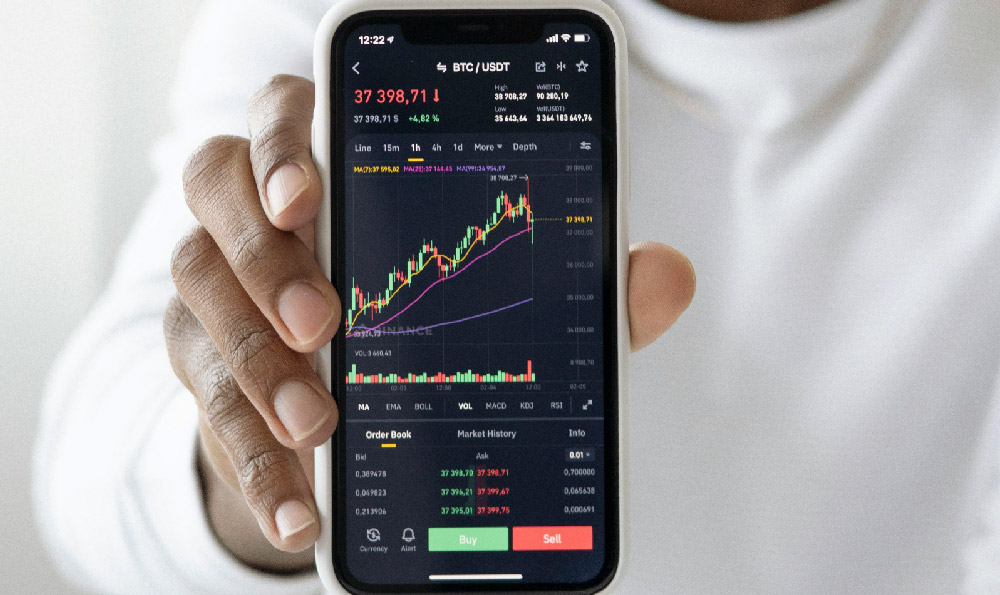Okay, I understand. Here's an article addressing the potential earnings and overall value of being an eBay seller, keeping in mind the parameters you've set forth.
Navigating the digital marketplace often leads aspiring entrepreneurs to eBay, a platform that boasts a massive user base and readily accessible tools for launching an online business. The allure of eBay lies in its apparent simplicity: list items, sell them, and pocket the profits. However, the reality of earning a substantial income on eBay is often more nuanced than it appears. Determining just how much you can realistically earn, and whether the endeavor is truly "worth it," requires a deep dive into various factors that influence success.
The first, and arguably most crucial, element is the product niche. Not all items are created equal in the eyes of eBay buyers. Certain categories, like electronics, clothing, collectibles, and vintage items, tend to command higher prices and experience greater demand. Identifying a profitable niche involves market research to understand current trends, competition levels, and potential profit margins. Selling generic, widely available items often leads to a race to the bottom, where sellers undercut each other to secure sales, diminishing overall profitability. Focusing on unique, hard-to-find, or specialized items can significantly increase your chances of earning a higher income. For example, a seller specializing in rare vintage comic books is likely to achieve higher profit margins than someone selling mass-produced phone cases.

Beyond the niche, product sourcing plays a pivotal role. The cost of goods sold directly impacts your bottom line. Sourcing items from wholesalers, liquidators, or even thrift stores can provide a competitive edge. Developing strong relationships with suppliers can also lead to better pricing and exclusive access to desirable products. The ability to acquire inventory at a lower cost than your competitors translates directly into higher profits. Consider, for instance, a seller who sources high-quality fabrics from overseas manufacturers at significantly reduced prices compared to domestic suppliers. This seller can then offer competitive pricing on handmade clothing items, attracting a larger customer base and boosting overall revenue.
Another significant aspect is the quality of your listings. In the crowded marketplace of eBay, standing out from the competition is paramount. High-quality product photos are essential, showcasing the item from multiple angles and highlighting its key features. Clear, concise, and accurate product descriptions are equally important, providing potential buyers with all the information they need to make an informed decision. Furthermore, optimizing your listings with relevant keywords ensures that your items appear in search results when buyers are looking for similar products. Think of it like this: your listing is your storefront, and it needs to be attractive and informative to entice customers to "walk in." A poorly lit photo and a vague description will likely drive potential buyers away.
The seller's reputation is a critical factor in establishing trust and attracting repeat customers. eBay's feedback system allows buyers to rate their experience with sellers, and a high positive feedback score is a strong indicator of reliability and trustworthiness. Promptly addressing customer inquiries, resolving disputes fairly, and providing excellent customer service are all essential for building a positive reputation. A seller with a strong reputation is more likely to attract new customers and retain existing ones, leading to increased sales and higher earnings. Think about the difference between buying from a seller with 99% positive feedback and a seller with 80% positive feedback. The higher feedback score instills confidence and reduces the perceived risk of the transaction.
Then comes the time investment. Selling on eBay is not a passive income stream. It requires a significant time commitment for product sourcing, listing creation, customer service, order fulfillment, and ongoing marketing efforts. A seller who dedicates more time to their eBay business is likely to see greater returns. For instance, a seller who actively promotes their listings on social media, engages with potential customers, and continuously optimizes their product offerings is likely to outperform a seller who simply lists items and waits for sales to happen.
Finally, eBay fees and shipping costs must be carefully considered. eBay charges fees for listing items and for final value sales, which can significantly impact your profit margins. Shipping costs also need to be factored in, both for domestic and international orders. Choosing the right shipping method and accurately calculating shipping costs are essential for avoiding unexpected expenses and maintaining profitability. Overcharging for shipping can deter buyers, while undercharging can erode your profits.
So, how much can you really earn? It varies wildly. Some hobbyist sellers might make a few hundred dollars a month selling unwanted items from around the house. Others, running eBay as a full-time business, can generate thousands, even tens of thousands, of dollars in revenue. The key is to treat it like a serious business, not a side hustle.
Is it worth it? The answer depends on your goals, resources, and willingness to put in the effort. If you're looking for a quick and easy way to get rich, eBay is probably not the right platform for you. However, if you're willing to do your research, invest the time, and provide excellent customer service, selling on eBay can be a rewarding and profitable endeavor. The platform provides the tools and the audience; it's up to the individual seller to create a winning strategy and build a successful online business. Ultimately, the "worth" is measured not just in dollars earned, but in the satisfaction of building something from the ground up and connecting with customers around the world.












